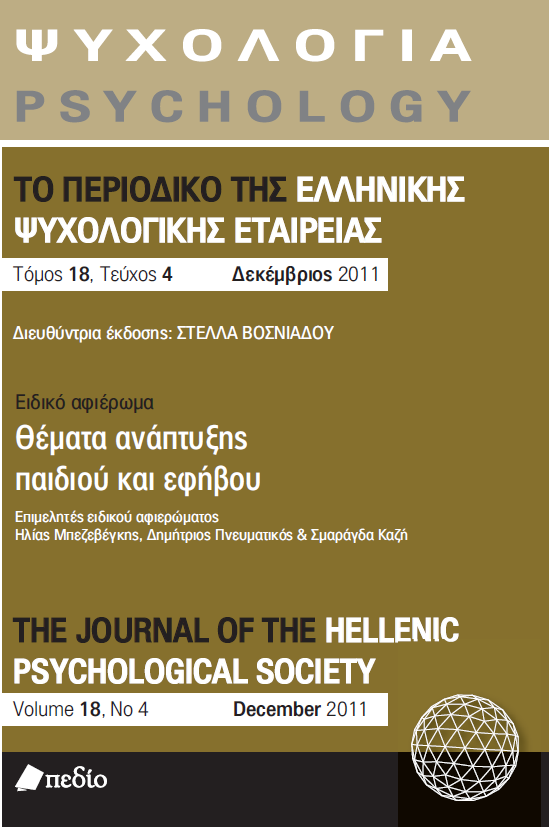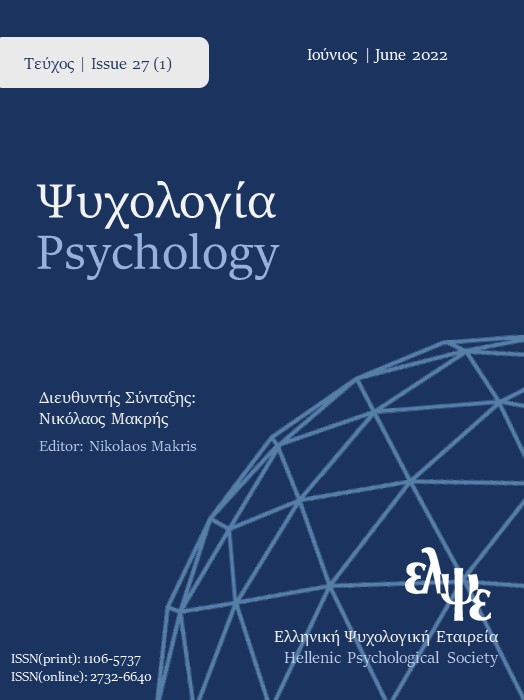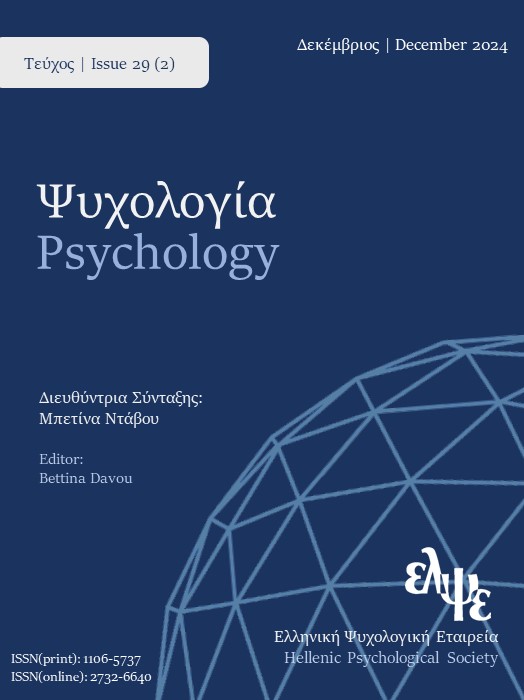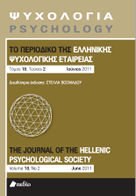Τα ανατρεπτικά κείμενα και η πληροφορία κατηγοριοποίησης ως παράγοντες προώθησης της εννοιολογικής αλλαγής

Περίληψη
Στην παρούσα εργασία παρουσιάζονται τα αποτελέσματα δύο εμπειρικών ερευνών οι οποίες διερεύνησαν την επίδραση που μπορεί να έχει το είδος της πληροφορίας που δίνεται σε ένα ανατρεπτικό κείμενο στην κατανόηση του σφαιρικού σχήματος της Γης από μαθητές της Γ’ τάξης Δημοτικού. Στην πρώτη έρευνα συγκρίθηκαν τρία ανατρεπτικά κείμενα. Το πρώτο εξηγούσε ότι η Γη δεν είναι επίπεδη, το δεύτερο εξηγούσε και τη βαρύτητα, ενώ το τρίτο παρείχε επιπλέον την πληροφορία ότι η Γη είναι ένα αστρονομικό σώμα. Στη δεύτερη έρευνα συγκρίθηκαν η
δομή των κειμένων (ανατρεπτικό ή μη ανατρεπτικό) και το είδος της πληροφορίας που περιείχαν (πληροφορία κατηγοριοποίησης ή μη). Τα αποτελέσματα και από τις δύο έρευνες επιβεβαίωσαν τις αρχικές μας
υποθέσεις ότι τα ανατρεπτικά κείμενα που περιλαμβάνουν πληροφορίες σχετικά με την κατηγορία στην οποία εντάσσεται μια έννοια είναι τα περισσότερο αποτελεσματικά ως προς τη βοήθεια που παρέχουν στους μαθητές για να κατανοήσουν επιστημονικές πληροφορίες.
Λεπτομέρειες άρθρου
- Πώς να δημιουργήσετε Αναφορές
-
Σκοπελίτη Ε., & Βοσνιάδου Σ. (2020). Τα ανατρεπτικά κείμενα και η πληροφορία κατηγοριοποίησης ως παράγοντες προώθησης της εννοιολογικής αλλαγής. Ψυχολογία: το περιοδικό της Ελληνικής Ψυχολογικής Εταιρείας, 18(4), 421–439. https://doi.org/10.12681/psy_hps.23731
- Τεύχος
- Τόμ. 18 Αρ. 4 (2011)
- Ενότητα
- ΕΙΔΙΚΟ ΑΦΙΕΡΩΜΑ

Αυτή η εργασία είναι αδειοδοτημένη υπό το Creative Commons Attribution-ShareAlike 4.0 International License.
Το περιοδικό ΨΥΧΟΛΟΓΙΑ έχει υιοθετήσει μία πολιτική Platinum open-access. Τα έξοδα υποβολής, επεξεργασίας ή δημοσίευσης των εργασιών καλύπτονται από την Ελληνική Ψυχολογική Εταιρεία. Τα πνευματικά δικαιώματα των δημοσιευμένων εργασιών προστατεύονται από την άδεια 'Creative Commons Attribution-ShareAlike 4.0 International'. Οι Συγγραφείς διατηρούν τα Πνευματικά Δικαιώματα και χορηγούν στο περιοδικό το δικαίωμα της πρώτης δημοσίευσης. Η άδεια αυτή επιτρέπει σε τρίτους, να χρησιμοποιούν την εργασία σε οποιαδήποτε μορφή, με την προϋπόθεση της διατήρησης των διατυπώσεων που προβλέπονται στην άδεια σχετικά με την αναφορά στον αρχικό δημιουργό και την αρχική δημοσίευση στο περιοδικό ΨΥΧΟΛΟΓΙΑ. Επιπλέον, κάθε διανομή της εργασίας οφείλει να γίνεται με τους ίδιους όρους διανομής, δηλαδή με την ίδια άδεια Creative Commons.








